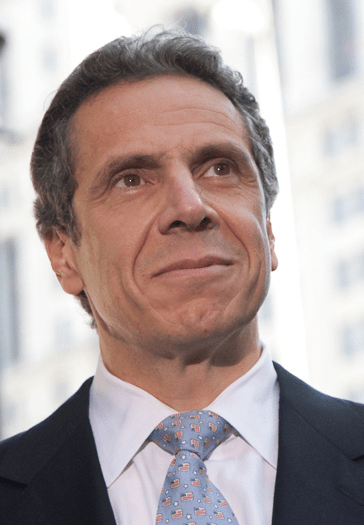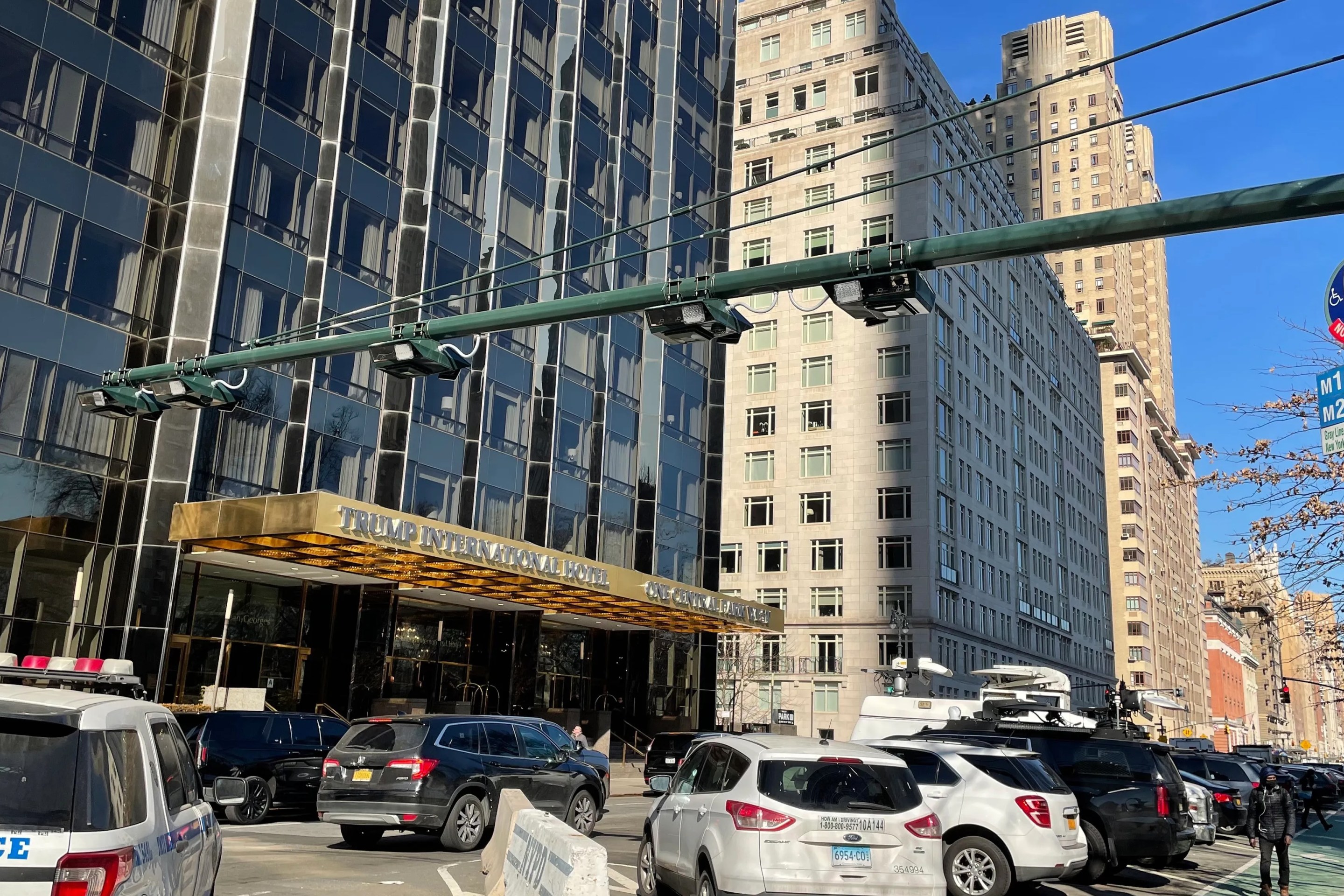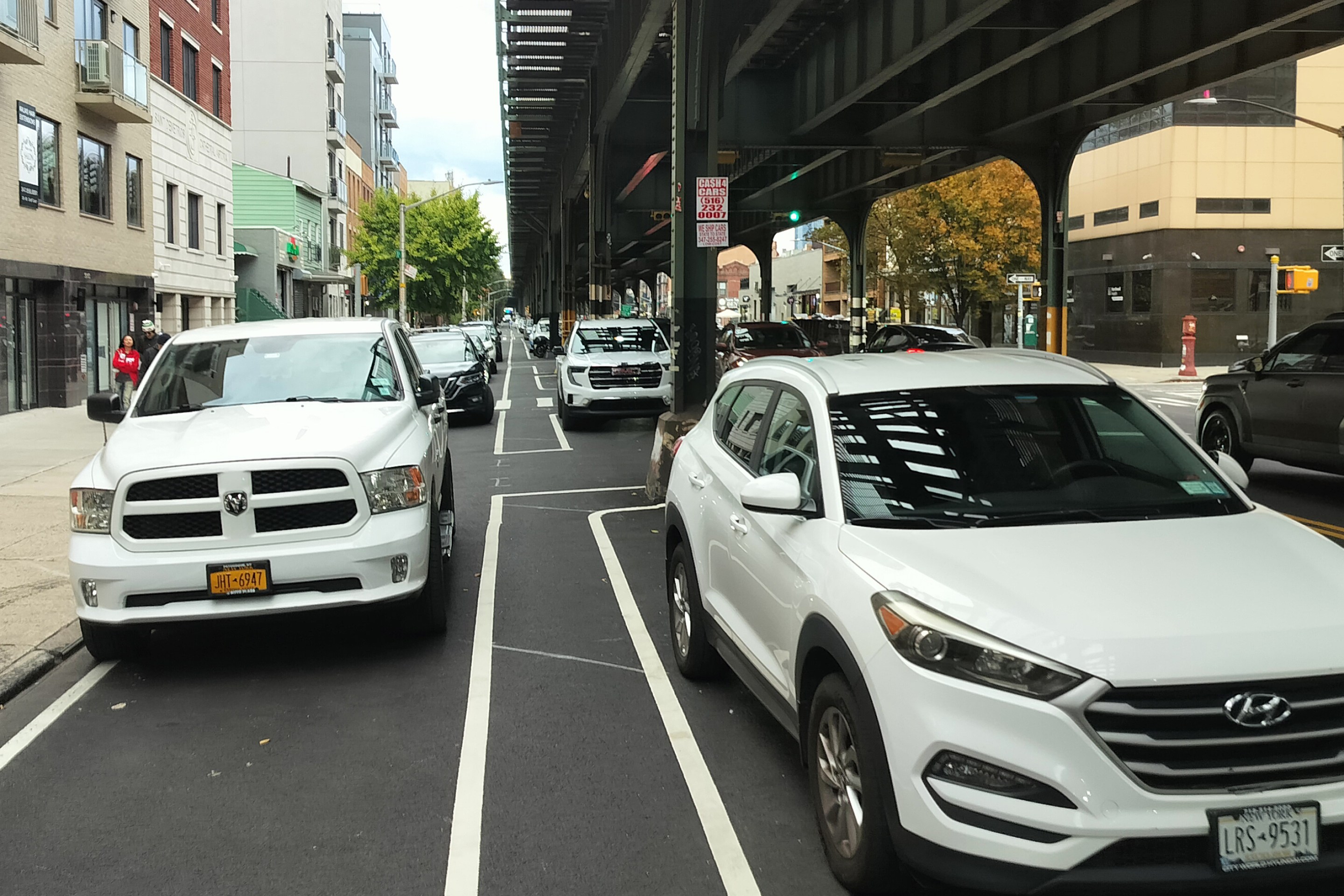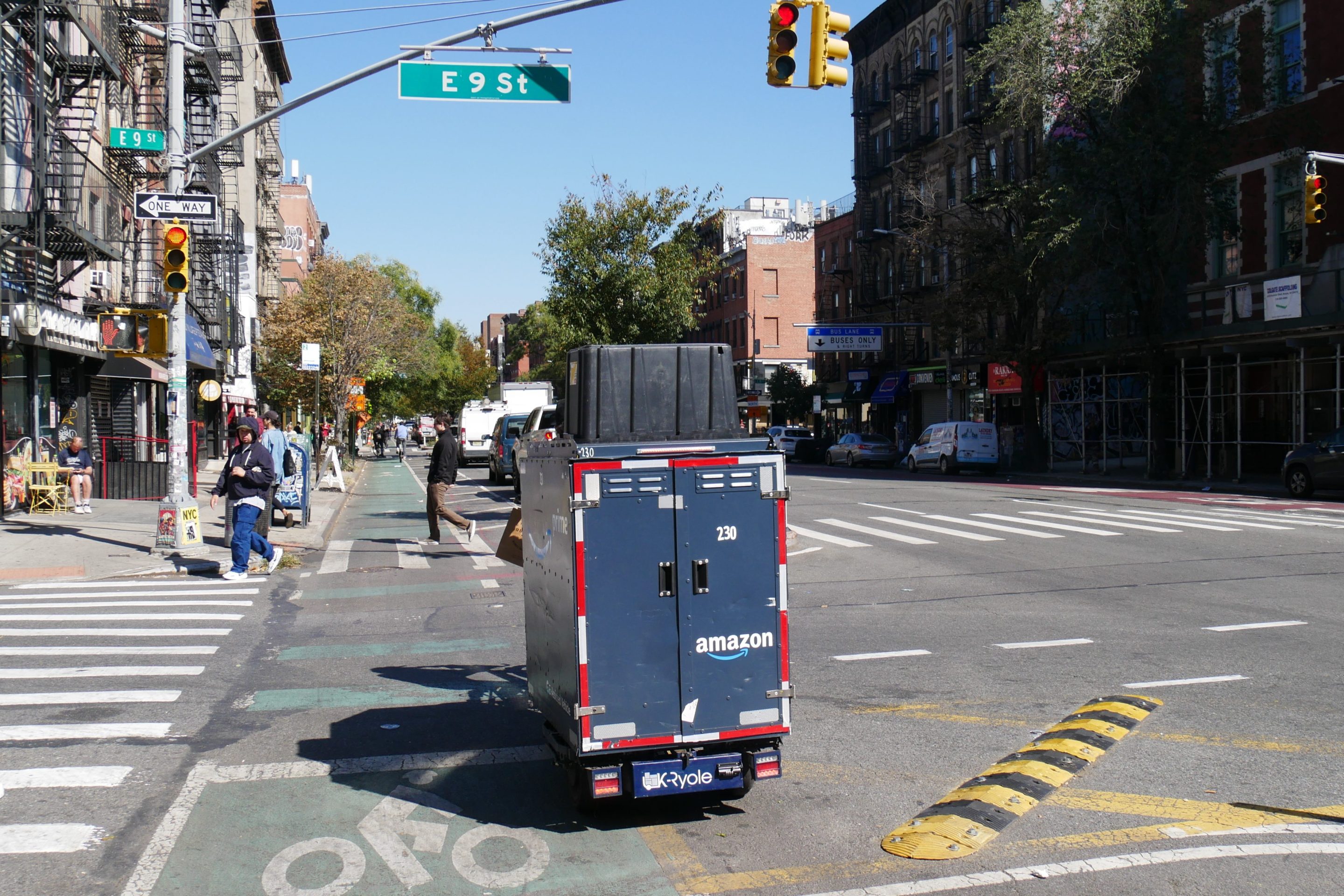Transit advocates are sounding the alarm as Governor Cuomo again tries to quietly raid dedicated transit funds and back away from the state's promises to the MTA so he can plug Albany's budget holes.

Most years since 2009, the state has yanked funds from dedicated transit taxes to fund other parts of its budget. The pattern continues in this year's budget, which includes a $40 million raid that pushes the state's debt obligations onto straphangers. Worse still is that the accompanying financial plan projects a $20 million raid for several years afterward -- all for MTA bonds that the state had previously agreed to pay from its general fund.
This is the first time advocates can recall a governor planning transit raids years in advance, not as a last-minute budget gap measure.
"The repayment of the bonds is a state responsibility," said Gene Russianoff of the Straphangers Campaign. "The bottom line is that the state’s not meeting its promise."
The Cuomo administration says its actions don't amount to a transit raid because the bonds in question support MTA infrastructure projects. The executive budget also includes an $85 million increase in operating assistance to the MTA over last year, so the MTA comes out $45 million ahead this year.
There are two problems with this argument. First, the governor is taking away revenue dedicated specifically to the MTA's daily operations to pay off capital bonds that are the state's responsibility. Second, the $85 million Cuomo is adding only applies to this year, but the financial plan calls for $20 million raids every year, which would total nearly $350 million before the bonds are paid off in 2031.
While the annual raids are not locked in place, given this year's $40 million raid, they could escalate if the governor thinks the legislature will go along with it. "This has the nervous-making potential of continuing to spiral up," Russianoff said, adding that he had never before seen a governor schedule transit raids in advance like this.
"These diversions have always been in the heat of the moment, when they’re trying to find money for budgets," said Nadine Lemmon of Tri-State Transportation Campaign. "It’s a clear policy statement that they’re putting forward."
Cuomo’s budget also continues to provide $310 million in annual operating assistance to the MTA, a practice the governor began after he signed a partial rollback of the Payroll Mobility Tax in 2011. The $310 million is intended to make up for lost revenue that the full PMT would have generated. But, as Tri-State notes, the number of jobs in the New York region -- and the potential revenue generated by the tax -- has increased since 2011, while the governor’s contribution has stayed flat at $310 million each year. The MTA is likely missing out on millions of dollars in revenue, despite the governor’s promise to make up the shortfall.
The governor's budget has been submitted to the legislature, which holds the key to stopping Cuomo's transit raids. Last year, the Senate didn't include Cuomo's $20 million raid in its budget, but it survived in the Assembly and was ultimately signed into law.
This time around, key Assembly members are speaking up. "It’s a grab and he shouldn’t do it," Assembly Member James Brennan, chair of the committee on corporations, authorities and commissions, told the Daily News. "There are many possible uses of these funds that would benefit the riding public, from improved maintenance to restoration of service to mitigating fare hikes."
Advocates hope a forceful response from both chambers will compel the governor to retreat from his plan to raid the MTA over the next few years. "If the legislature puts their foot down, and says that this is a diversion and it should not happen," Lemmon said, "Then they’re going to have to go back and revise the financial plan."
"The problem," Russianoff said, "is that the state’s reneging on a basic commitment."





